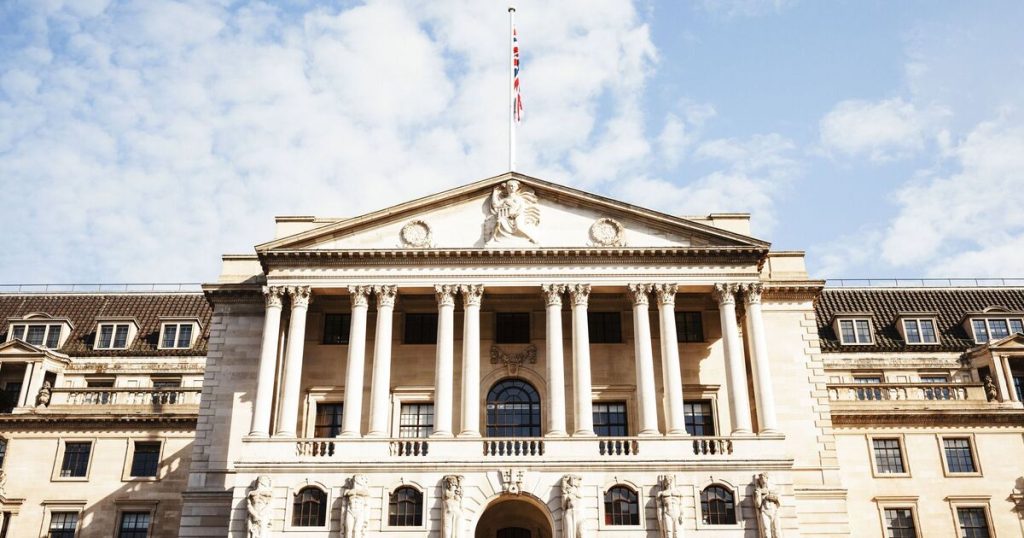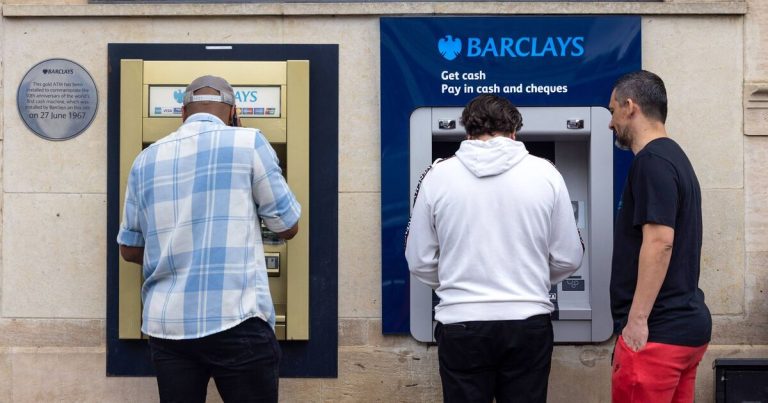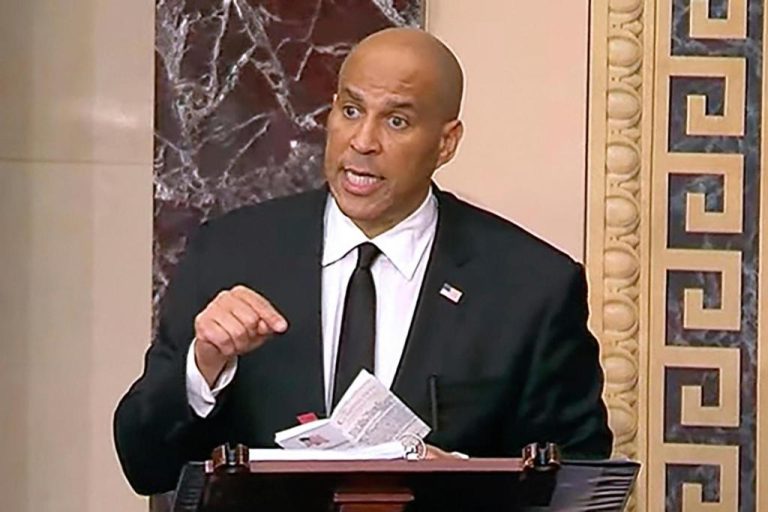
Pressure has been heaped on the Bank of England to cut interest rates as business chiefs signal growing fears of a recession.
Bosses in the private sector expect a “significant fall” in activity over the next three months, according to a survey by the Confederation of British Industry (CBI).
It said businesses across all main sectors including manufacturing, services and retail forecast a decline in January, having fallen over the previous three-month period.
The gloom comes amid mounting pressure on the Bank of England’s Monetary Policy Committee (MPC) to cut the base rate in February with further reductions through 2023.
The Chancellor Rachel Reeves has switched away from a doom and gloom narrative to talking up the prospects of the UK economy. Just last week she pointed to suggestions that the base rate could be cut six over the next 12 months, bringing it down from 4.75 percent to 3.25 percent.
The US investment bank Goldman Sachs is forecasting up to six base rate cuts by the spring of 2026.
And Professor Alan Taylor, the newest member of the MPC has indicated that he would be comfortable with the central bank lowering rates five or six times “to get interest rates back toward normal to sustain a soft landing” for the UK economy.
There are concerns that the UK is already in recession after official figures published earlier this month showed growth flatlined in November after contracting in both September and October.
Meanwhile, disappointing retail sales in December have pushed analysts to warn of a “growing risk” that the economy contracted at the end of last year.
The CBI said there is evidence of that some companies are now cutting staff, moving jobs overseas and curbing investment as they battle to cut costs and offset the impact of the budget tax changes that come into effect in April.
Alpesh Paleja, an economist at the CBI, told the Telegraph: “After a grim lead-up to Christmas, the New Year hasn’t brought any sense of renewal. There is an urgent need to get momentum back into the economy. The Government can help shift the UK’s economic narrative with more determined focus on measures that could drive growth.”
He added: “Alongside plans to cut staff and raise prices further, this risks an increasingly awkward trade-off for policymakers. Anecdotes suggest that companies are being hit by lacklustre demand and caution among consumers, while also continuing to adjust to measures announced in the Budget.”
The CBI said its data supported the “view that the economy was pretty flat in the final months of 2024”. It marks the second month in a row that the outlook among businesses was at its weakest in over two years.
The CBI said “pessimism was widespread” across the private sector after Ms Reeves’s £25bn National Insurance raid on employers at her Budget in October.
According to the survey of 990 firms carried out between Dec 19 and Jan 14, companies in the services sector expected business volumes to fall by 20 percent over the coming months, with manufacturing output forecast to drop by 19 percent.
Businesses also reported wage growth continued to accelerate, up 5.6 percent in the three months to November.
Separate data published by EY showed profit warnings issued by companies surged close to record levels last year.
Almost one in five companies listed on the London Stock Exchange issued a profit warning in 2024. The only worse years this century were the pandemic in 2020 and the combined effect of the dot-com bubble burst and the September 11 terrorist attack in 2001.
EY found that although cheap interest rates had helped businesses survive the pandemic “more companies are now reaching a tipping point as cumulative pressures build”.
A Treasury spokesman said: “We delivered a once-in-a-parliament Budget to wipe the slate clean and deliver the stability businesses so desperately need while not increasing taxes in people’s payslips.
“By bringing back political and financial stability, we are creating the conditions for economic growth.”






